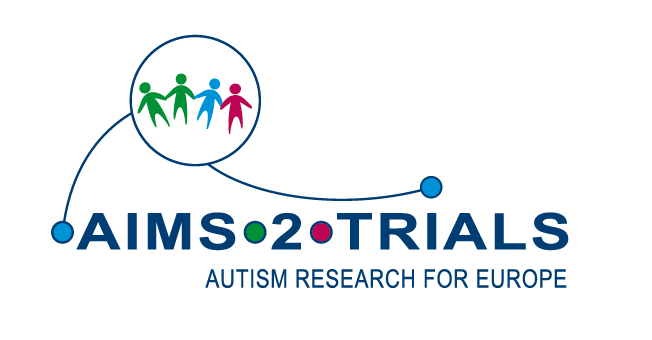A world-leading AIMS-2-TRIALS team at the Institut Pasteur (Paris) has developed a secure database to address the needs of the AIMS-2-TRIALS project, ensuring that large, multidisciplinary datasets from participants across Europe are secure, GDPR compliant and easily accessible to authorized users. The database has been accessible to the AIMS-2-TRIALS community since July 2019 and is almost ready to begin controlled data-sharing beyond the AIMS-2-TRIALS community.
What are the key features of the database?
The database has been developed to enable researchers to share their data immediately after it is collected, since it requires minimal data preparation: the upload is very flexible, and allows for any kind of data contents (e.g. clinical data, cognitive data, neuroimaging data) and formats to be used, as long as it does not contain identifying information. The database automatically ensures that each user is able to see only those participants who have consented to their data being shared with them.
For the users, datasets appear ‘pseudonymized’, which means that the data cannot be linked to a specific individual without additional information stored elsewhere. Finally, the database delivers the data after an automated step of data structuring, which combines new data for a participant with any data of theirs that is already in the database.
In addition, the database delivers datasets accompanied with some documentation that ensures that the data is understandable and interpretable by the user. This is necessary to enable further analyses and a proper interpretation of the datasets, by other AIMS-2-TRIALS members and by the broader community that will access the data. It also contributes to the compliance of the database with the FAIR principles.
What data is stored in the database?
The database is already storing data from the Longitudinal European Autism Project (LEAP) study, which includes more than 700 people. This data comes in a range of forms including clinical assessments, neuroimaging and eye-tracking data. In parallel, the database is used by researchers in 6 research locations (Madrid, Barcelona, London, Salamanca, Glasgow, Paris) assessing whether a medicine called arbaclofen can improve social difficulties in children and adolescents with autism. The pandemic has delayed additional AIMS-2-TRIALS studies that are expected to be launched soon; the database will enable the organisation and storage of their large multi-disciplinary cohorts once they are up and running.
How will the database help with collaboration?
Beyond offering secure storage and improved accessibility for researchers, the database aims to facilitate and foster the collaboration between AIMS-2-TRIALS collaborators based in different geographical locations. To that aim, a range of features enable researchers to share their data from the onset of and throughout the data collection phase, with a minimum of data preparation.
What about privacy?
The database creators have ensured that participants’ preferences for data sharing are built in. Information is shared via the database according to the consent that each participant provided, including whether they agreed for their data to be shared within the AIMS-2-TRIALS project and with researchers outside the project. Since researchers always receive information in a pseudonymized manner, they cannot identify the individuals involved.
Interested in accessing the LEAP data for research purposes?
If you are a researcher external to the AIMS-2-TRIALS project, LEAP data will soon be accessible beyond the project community, subject to specific terms and conditions. Researchers who access the data must be affiliated with an institution and sign a data usage agreement which ensures that the data is used responsibly. Later this year, the procedure and conditions for applying for such data access will be announced via the AIMS-2-TRIALS website.
Summary
In summary, the database ensures the secure storage and exchange of the AIMS-2-TRIALS data in compliance with the GDPR-regulation. More broadly, this database is a unique tool that enables partners based at different sites to exchange large, and novel autism datasets, that continue to grow. As such, it is a useful tool that addresses unmet needs in the field of precision medicine.







